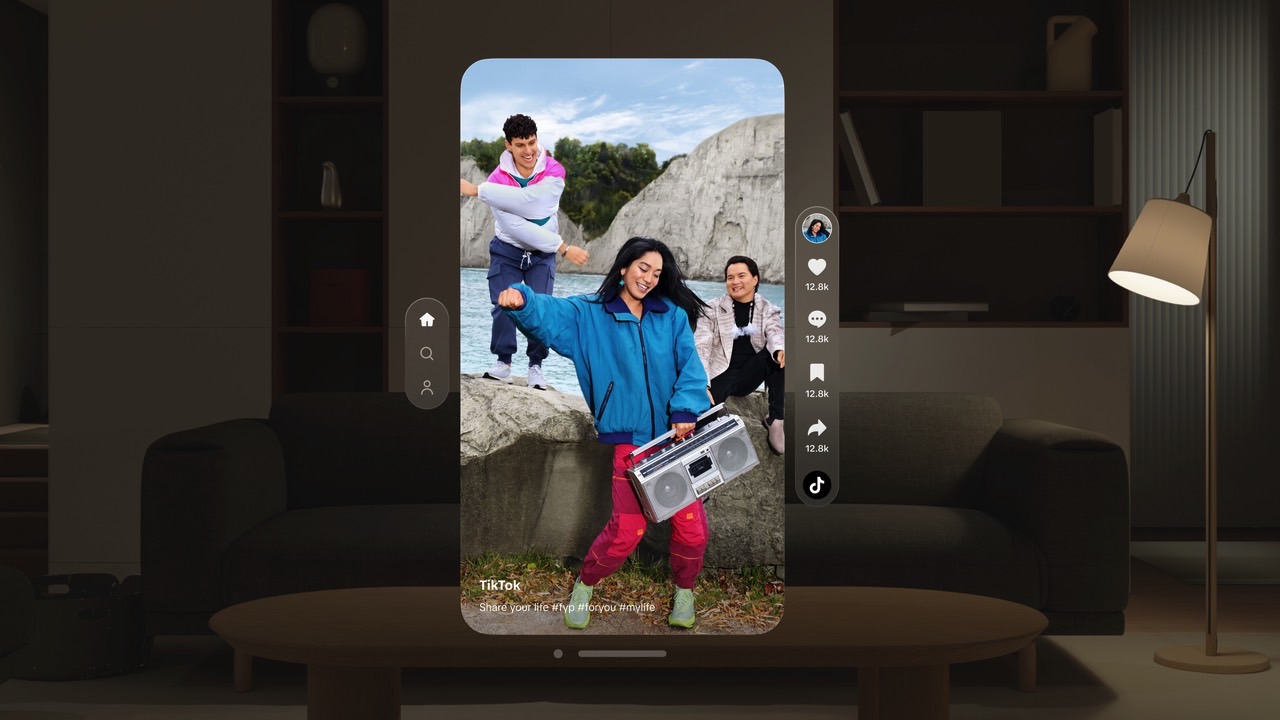The US is closer than ever to a TikTok ban after the House passed a bill that forces ByteDance to either sell the social network or face a ban. The bill now advances to the Senate, with the White House looking forward to “swift action” from the legislative body. The White House also has a presence on TikTok, of course.
TikTok isn’t giving up without a fight. CEO Shou Chew is already mounting a campaign, which started with a short video on TikTok that’s now going viral.
Shou is appealing to TikTok users to “protect your constitutional rights” and voice their support of TikTok. That’s certainly a sensible way for Shou to back. Videos that can go viral on a platform known for making short videos viral will work much better than TikTok defending itself in an official setting where it would have to prove that concerns about its platform are unwarranted.
As a reminder, the US government alleges that TikTok shares data with the Chinese government about Americans. It’s also worried about potential manipulation on the platform, especially in an important election year. That’s why it’s looking to enforce a nationwide ban.
But the irony should not escape anyone. I wonder how TikTok and Shou Chew would defend TikTok if China were to ban the social network.
Remember that China has a tight grip on the internet experience in the region. Google’s services aren’t available in the country. Social media apps like Facebook, Instagram, Twitter, YouTube, and others are also unavailable in China. Similarly, certain news outlets are banned in China. Examples include the BBC and The New York Times.
Also, the US banned Huawei a few years ago from doing business with US companies, effectively crippling the smartphone vendor’s ability to compete. It took Huawei years to stage a comeback, one that we’ve started to witness in the past year.
Meanwhile, there’s been talk of a ban on Apple devices in China. While Chinese officials eventually denied it, iPhone sales have taken a hit in the region, just as Huawei introduced new products.

Speaking of Apple, the iPhone maker routinely has to address censorship requests from China. Apple has made software changes and removed apps from the App Store at the request of the Chinese government.
That’s not to say that a TikTok ban would be fair as a retaliation method. Or even warranted. I’m also not saying users shouldn’t be concerned about TikTok. The US government’s concerns are valid. On that note, the same agencies that are worried about China’s influence via social networks should try to elaborate on the actual threats and dangers.
I’m just putting things in perspective. The US-China relationship is extremely complicated. Social media can be an important tool for both sides. Also, remember that Russia famously used Facebook a few years ago to influence the US presidential election. Facebook is, of course, a US-made product.
Shou Chew coming up with the video response to the TikTok ban bill would only be possible in the US or other Western countries with a similar set of shared values. And Chew’s gambit might just work.
US TikTok users might be able to sway their Senators and scare them into avoiding an actual ban. Chew is just playing the game according to the rules. There’s nothing wrong with that, regardless of whether the US government has valid reasons to worry.
But if the situation were flipped, TikTok would have little chance to alter the minds of Chinese legislators contemplating a ban.
A video like the one below would have little success in a country that could ban access to it. Talking about constitutional rights, making voices heard, and contacting your elected representative would not have any real chance of making a difference.
You can watch Show’s appeal to TikTok users in full below, complete with reassurances that TikTok is protecting user data and preventing outside manipulation. The clip has topped 21 million views in a day, and that figure will probably continue to climb:








